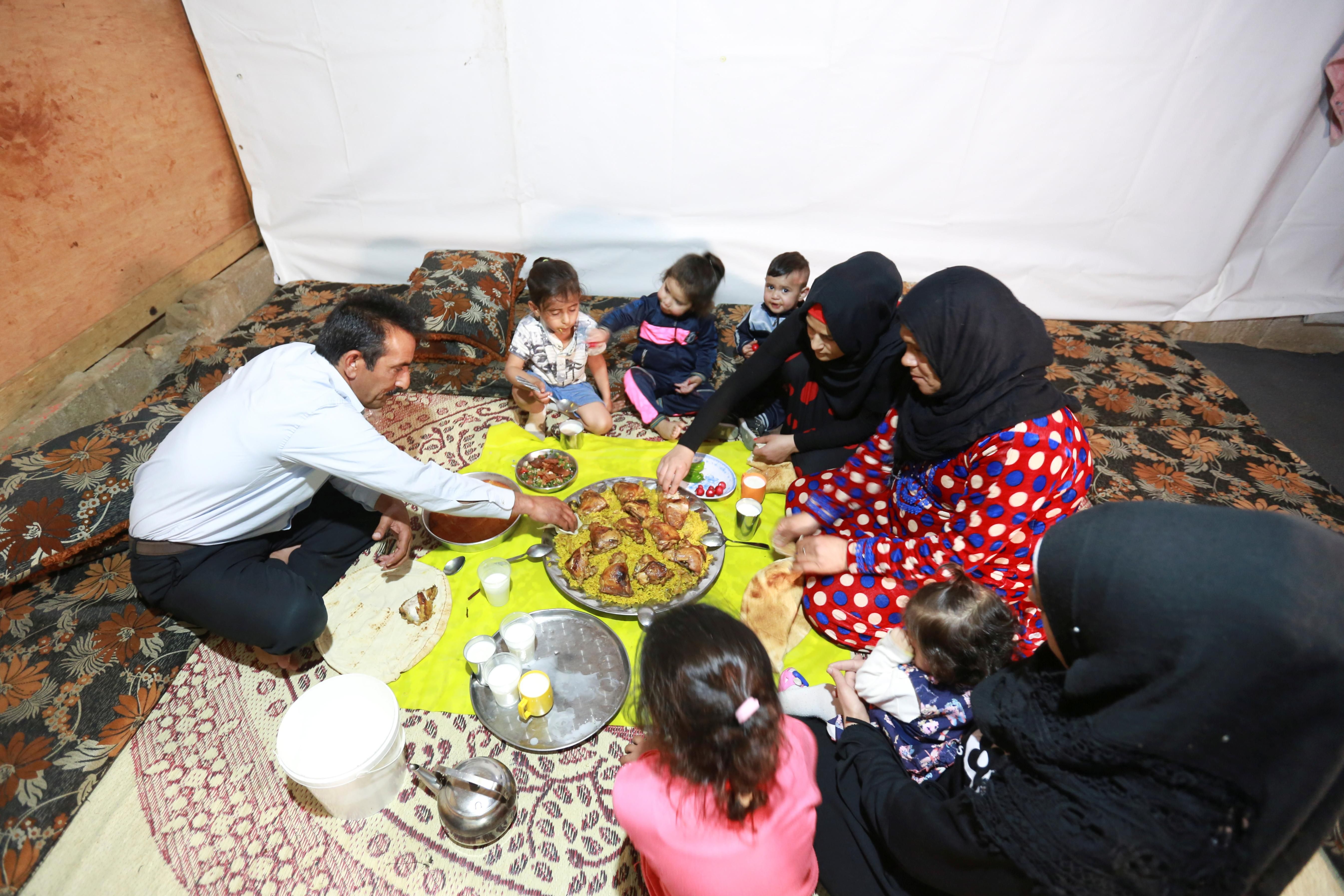April 28, 2021
300: As Lebanon grinds through an ongoing economic crisis that has crippled the value of its currency, the cost of an Iftar meal — the meal at which Muslims break their Ramadan fast each day — has increased 300 percent over the past two years. That's in part because the cost of imported agricultural goods like seeds and pesticides has forced farmers to cut back production or raise prices.
27.5 million: To encourage young people to get vaccinated, the Republican governor of the US state of West Virginia wants to give everyone who gets the jab a $100 savings bond. The total cost of the plan is so low, just $27.5 million, that the governor says critics can "kiss my butt."
4: A US Navy vessel in the Persian Gulf recently fired warning shots at an Iranian boat for the first time in four years, the Pentagon says. Tense face-offs between American ships and Iranian speedboats operated by Iran's elite Islamic Revolutionary Guard Corps have increased recently, right as the two sides are exploring ways to revive the 2015 nuclear deal.
50,000: Opponents of same-sex marriage in Switzerland reached the 50,000 signatures needed to force another referendum on the issue, even though the Swiss parliament has already allowed the practice and 80 percent of Swiss support it.
More For You
Chris, an Army veteran, started his Walmart journey over 25 years ago as an hourly associate. Today, he manages a Distribution Center and serves as a mentor, helping others navigate their own paths to success. At Walmart, associates have the opportunity to take advantage of the pathways, perks, and pay that come with the job — with or without a college degree. In fact, more than 75% of Walmart management started as hourly associates. Learn more about how over 130,000 associates were promoted into roles of greater responsibility and higher pay in FY25.
Most Popular
- YouTube
A ceasefire in Ukraine could be a strategic trap, leaving Kyiv vulnerable, former NATO ambassador Ivo Daalder warns on GZERO World.
Members of the special units of the National Guard and the Secretaria de Seguridad Ciudadana stand guard in front of the Fiscalia General de la Republica, where the investigation into the operation in which Nemesio Oseguera Cervantes, alias "El Mencho", founder and leading head of the Cartel de Jalisco Nueva, was killed, is underway.
Félix Márquez/dpa via Reuters Connect
- YouTube
In this Quick Take, Ian Bremmer warns that US military strikes on Iran are “looking increasingly imminent” as diplomacy appears to stall.
© 2025 GZERO Media. All Rights Reserved | A Eurasia Group media company.
